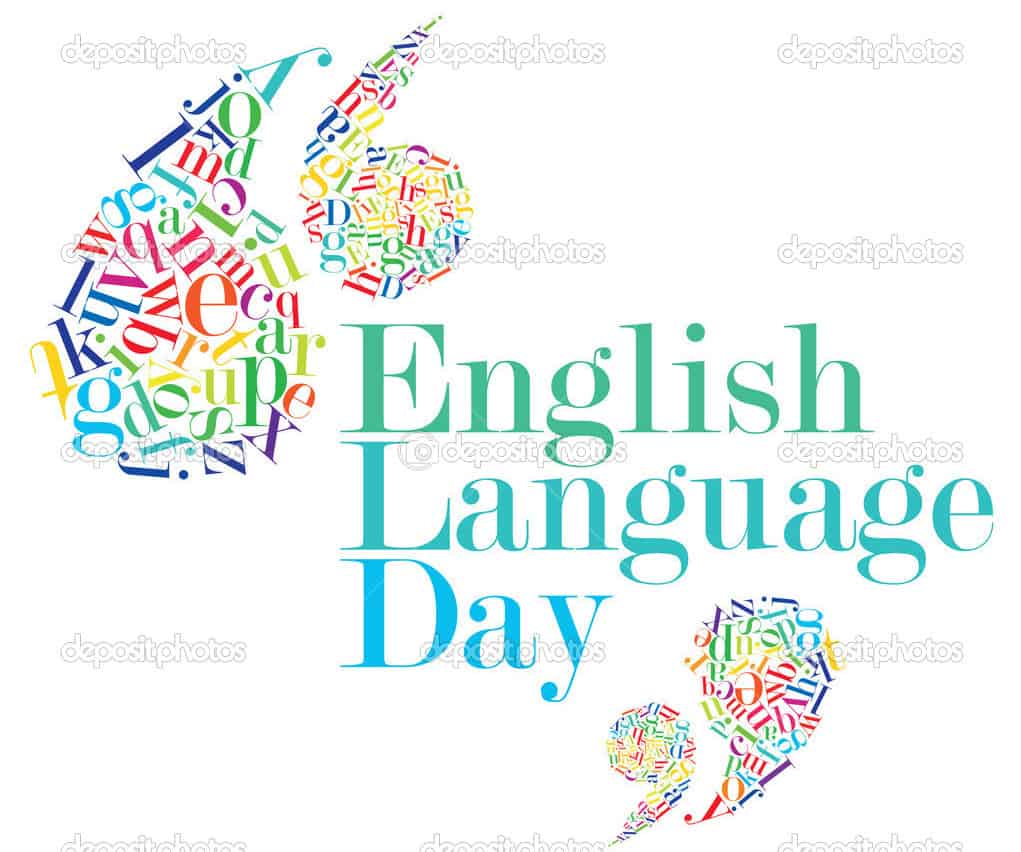Introduction: English Language Day, designated by UNESCO (United Nations Educational, Scientific and Cultural Organization) on April 23rd, is a celebration of the global significance of the English language as a means of communication, cultural exchange, and international understanding. This day provides an opportunity to recognize the rich linguistic heritage of English, its diverse varieties, and its role as a global lingua franca. In this exploration, we delve into the origins of English Language Day, its significance, how it is celebrated worldwide, and the enduring impact of the English language on individuals and societies.
Origins of English Language Day: The idea of designating a day to celebrate the English language emerged from UNESCO’s commitment to promoting multilingualism, linguistic diversity, and cultural heritage. English Language Day was established as part of UNESCO’s broader efforts to raise awareness about the importance of language learning and intercultural dialogue in building inclusive and sustainable societies.
Significance of English Language Day: English Language Day holds multifaceted significance, reflecting the global reach and influence of the English language:
- Promoting Multilingualism: English Language Day underscores UNESCO’s commitment to promoting multilingualism and linguistic diversity as essential components of cultural identity and social cohesion. While celebrating the English language, UNESCO also emphasizes the importance of preserving and revitalizing indigenous languages and minority languages around the world.
- Facilitating Communication: English serves as a global lingua franca, enabling communication and interaction among people from diverse linguistic and cultural backgrounds. English Language Day celebrates the role of English as a bridge language that facilitates cross-cultural understanding, international cooperation, and knowledge exchange in various fields, including education, science, diplomacy, and business.
- Celebrating Cultural Exchange: English Language Day highlights the rich cultural heritage and linguistic diversity reflected in the English language. From its Anglo-Saxon roots to its global expansion through colonization, trade, and globalization, English has absorbed words, expressions, and influences from diverse languages and cultures, making it a dynamic and evolving language.
- Empowering Individuals: Proficiency in English opens doors to educational, economic, and social opportunities for individuals around the world. English Language Day encourages language learning and promotes access to quality English language education, empowering individuals to participate fully in the global community and pursue their aspirations.
Celebrating English Language Day: English Language Day is celebrated in various ways around the world, with activities aimed at promoting language learning, cultural exchange, and appreciation for the English language. Some common ways in which this day is observed include:
- Language Festivals and Events: Schools, universities, cultural institutions, and language learning centers may organize language festivals, workshops, and seminars to celebrate English Language Day. These events feature activities such as language games, storytelling sessions, poetry readings, and debates, showcasing the richness and diversity of the English language.
- Online Campaigns and Challenges: In the digital age, social media platforms play a significant role in raising awareness about English Language Day. Hashtags such as #EnglishLanguageDay and #LearnEnglish are used to share language learning tips, resources, and inspirational quotes, encouraging people to embrace the English language and connect with speakers worldwide.
- Language Competitions and Contests: English Language Day inspires language enthusiasts to participate in competitions, quizzes, and contests that test their knowledge of English grammar, vocabulary, and pronunciation. These friendly competitions foster a spirit of learning, creativity, and camaraderie among language learners of all ages.
- Cultural Performances and Exhibitions: Cultural institutions and performing arts organizations may host performances, exhibitions, and film screenings that showcase English-language literature, music, theater, and cinema. These cultural events celebrate the creative expressions and artistic achievements of English-speaking communities around the world.
Impact of English Language on Individuals and Societies: English Language Day underscores the profound impact of the English language on individuals, societies, and global affairs. Here are some ways in which English contributes to personal and collective development:
- Educational Opportunities: English proficiency enhances access to educational opportunities, including higher education, academic research, and international study programs. English Language Day promotes language learning as a pathway to personal growth, academic success, and global citizenship.
- Economic Advancement: English fluency is often associated with better employment prospects, higher salaries, and career advancement opportunities in diverse fields such as business, technology, tourism, and hospitality. English Language Day highlights the economic benefits of language skills and encourages lifelong learning to adapt to changing labor market demands.
- Cultural Exchange and Diplomacy: English serves as a common language for cultural exchange, diplomacy, and international communication. English Language Day fosters dialogue, understanding, and cooperation among people from different cultural, linguistic, and geographical backgrounds, promoting peace, tolerance, and mutual respect.
- Scientific Collaboration: English is the primary language of scientific communication, with a vast majority of research papers, journals, and conferences published and conducted in English. English Language Day promotes scientific collaboration, knowledge sharing, and innovation by facilitating access to scientific literature and resources for researchers worldwide.
Conclusion: English Language Day celebrates the global influence and cultural significance of the English language as a vehicle for communication, cultural exchange, and international understanding. By promoting multilingualism, fostering language learning, and celebrating linguistic diversity, this observance reaffirms UNESCO’s commitment to building inclusive and sustainable societies. As we commemorate English Language Day each year, let us embrace the richness and diversity of the English language, harness its power to connect people and cultures, and work together to create a more harmonious and interconnected world.






